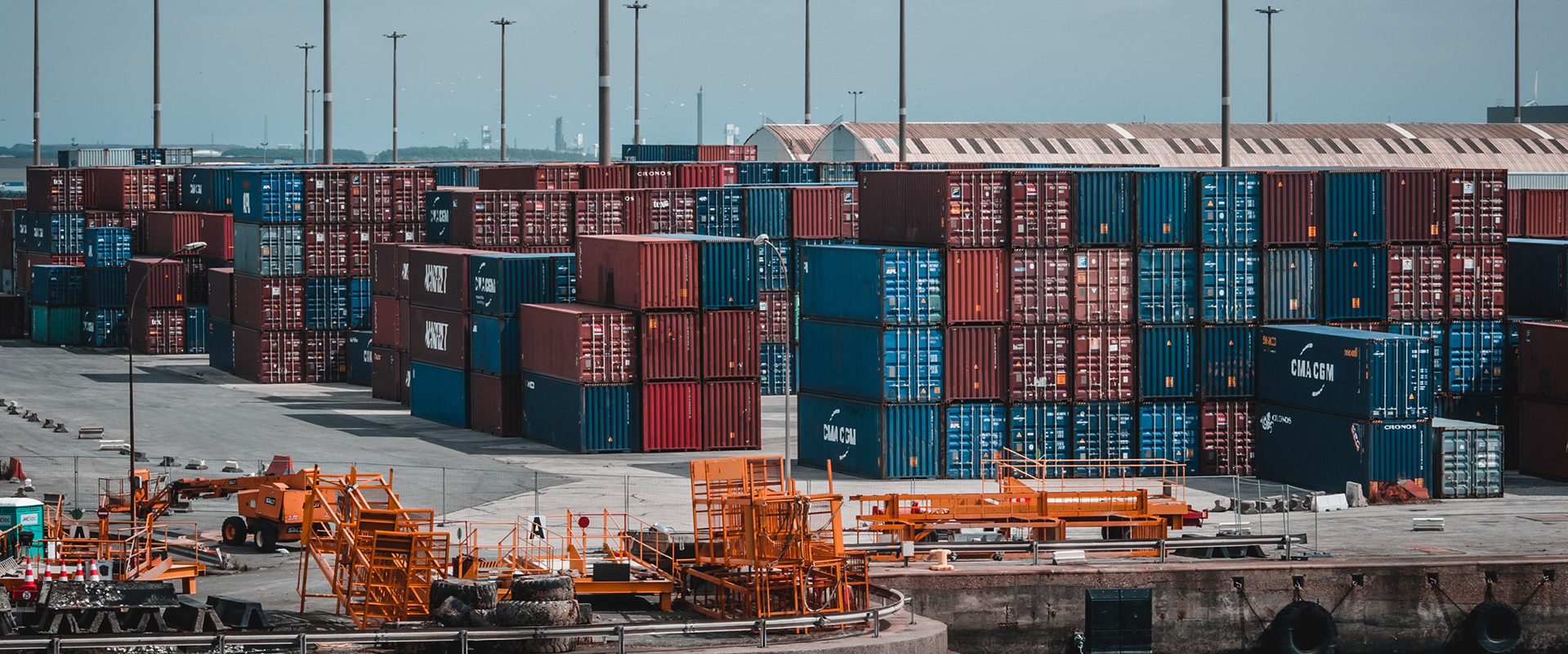Customs assistance for import and export of goods with free declaration of origin RCEP
Article Source: General Administration of Customs
In the marketing office of Shandong Global Fishing Tackle, customs manager Hao Zhiqiang recently printed out a Regional Comprehensive Economic Partnership (RCEP) declaration of origin and expertly signed it with the company's seal in both Chinese and English.
"This is an RCEP Declaration of Origin for a batch of fishing rods exported by the company. Korean customers can be exempted from the import duty of 11,000 yuan with this statement issued by our company." Hao Zhiqiang introduced.
Before the RCEP came into effect, the fishing rods exported by Shandong Global Fishing Tackle Co., Ltd. could enjoy zero tariff treatment in Thailand and South Korea after applying for certificates of origin under the China-Asean and China-South Korea Free Trade agreements.
"As the voyage between Weihai and South Korea is largely 'overnight', Korean customers are often eager for us to provide certificates of origin as soon as the goods are shipped." Hao Zhiqiang said, for this reason before the enterprise issued a certificate time are relatively tight.
After the RCEP comes into force, enterprises can in turn apply to the customs for the issuance of the RCEP certificate of origin and continue to enjoy zero tariff treatment. After becoming an approved exporter, enterprises can issue their own declaration of origin, allowing companies to enjoy the benefits of staying at home, and more flexible arrangements for production and shipment. "Shipping on weekends or holidays like today can be handled in stride." Hao said the company has issued RCEP declarations of origin for more than 100 batches of exports so far.
Another company that has benefited from the approved exporters' autonomous declaration of origin system is Laizhou Laiyu Chemical Co., which issued 71 RCEP declarations of origin in the first 11 months of this year after the RCEP came into effect, with a value of about 5.6 million yuan. "The independent issuance of the declaration of origin not only saves the transportation cost and reduces the time cost, but also improves the influence of the enterprise in foreign markets and gains further recognition and trust from foreign customers because of its special qualification." Company general manager Li Yawen said.
"An enterprise with advanced Customs certification that has mastered the RCEP rules of origin and established a complete management system can issue its own declaration of origin after being recognized as an approved exporter by the Customs office directly under it, and there is no need to apply for the RCEP certificate of origin from the Customs Office or the Council for thePromotion of International Trade." The approved exporter system is one of the highlights of the RCEP agreement, said Yao Yong, senior director of the Customs Department of Qingdao Customs. Enterprises can issue the declaration of origin independently, which saves the time and expense needed to travel to the visa agency to apply for the certificate of origin, saves the operation cost of enterprises, and further improves the time limit of cargo clearance. Yao Yong said that in the first 11 months of this year, Qingdao Customs and Jinan Customs identified 53 approved exporters and issued 2,910 RCEP declarations of origin, with the value of export benefits reaching 1.03 billion yuan.
The importer can also enjoy the tariff reduction in China customs clearance with the independent declaration of origin issued by foreign customers. Recently, Li Xiaohui, the business manager of Yantai Taihe New Materials Co., Ltd. presented a RCEP declaration of origin and other customs declaration materials issued by a Japanese customer to the on-site customs officers in the customs clearance hall of Yantai Customs Office.
"Japanese customers usually give me the RCEP certificate of origin from two weeks to a month after the goods arrive in Hong Kong. Previously, in order to put the textile finishing agent imported from Japan into production in a timely manner, we had the option of submitting the deposit to customs and taking delivery of the product, and then refunding the deposit with the certificate of origin provided by Japan." Li Xiaohui said that after Japanese customers canindependently issue RCEP declaration of origin, enterprises will basically be able to obtain the RCEP declaration of origin before their goods arrive in Hong Kong. After the RCEP tax reduction process is completed, enterprises can reduce their tax burden cost by about 5 million yuan per year, and they no longer need to pay deposit to take delivery of goods, reducing the occupation of working capital.
"Apart from the RCEP agreement, approved exporters can also issue their own declarations of origin under the China-Switzerland, China-Iceland, China-Mauritius and China-New Zealand free trade agreements. According to the research, the export enterprises that independently issue the declaration of origin are mainly concentrated in Qingdao, Yantai and Weihai in Shandong Province." Yao said that at present, there are still some eligible enterprises that cannot apply to become approved exporters. In the next step, the customs will continue to increase the cultivation of approved exporters, and deepen cooperation with the commercial departments. Taking bilateral and multilateral economic and trade cooperation and exchange activities as an opportunity, we will try to promote approved exporters. We will work together to resolve obstacles to sharing benefits, and fully release the policy benefits of RCEP and other free trade agreements. (ZHAO Guangying, LIU Pingbo, Shi Peng, Wang Zhiwei, Geng Bin/Wen)


